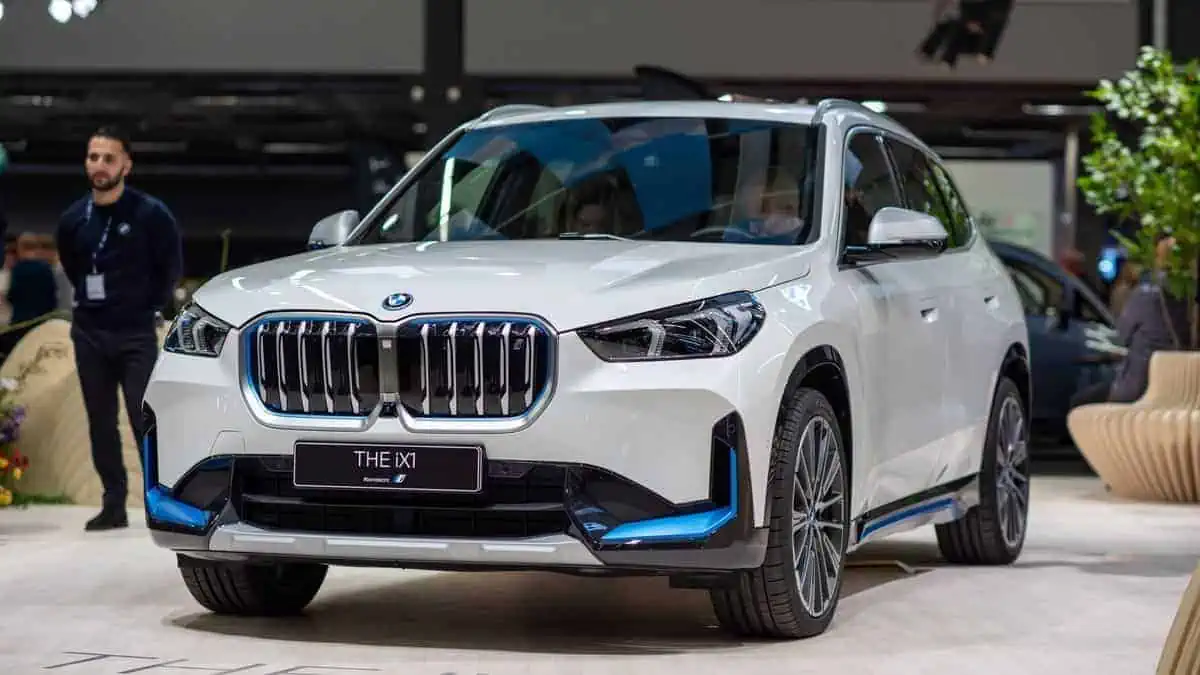The German government has already exhausted €9.5 billion ($10.1 billion) in subsidizing two million electric car purchases as of September 2023, Handelsblatt reports.
Approvals record
The Federal Office of Economics and Export Control (Bafa) told the German publication that it has already recorded its two millionth application approval for the country’s EV subsidy.
It is worth noting that BAFA is the one overseeing the support payments. According to the office, 2 million purchased EVs include 1.23 million battery electrics (BEVs) and 770,000 plug-in hybrids (PHEVs). Meanwhile, fuel cell electric vehicles (FCEVs) only recorded 400 approvals.
The Driven also indicated that BAFA had collected 300,000+ applications for the German EV subsidy.
About the subsidy
Germany started advocating for the shift to low-emission vehicles in 2016. It imposed just this year that the subsidies will only cater to BEV or FCEV model purchases.
In hindsight, it also included hybrid vehicles not until 2023. For context, HEVs still feature a combination of a combustion engine, electric motor, and battery.
According to the report, the subsidy offers €4,500 for cars with a price cap of €40,000. Meanwhile, the subsidy for EVs with a price cap of €40,000 to €65,000 can get a €3,000 subsidy.
However, the subsidy for €40,000-capped EVs will drop to €3,000 starting in January 2024. It is also worth noting the subsidy has been exclusive to private individuals since September 1, 2023.
“In order to achieve this success, we have accelerated procedures to the maximum and set up a digital interface with the Federal Motor Transport Authority.”
Bafa President Torsten Safarik
See Also:
- German Government withdraws e-car solar subsidy scheme in just a day due to high demand
- Low-income families can now purchase EVs in Germany and France
- Germany hits over 1 million all-electric cars on the roads
- European EV industry to hit a 25.4% CAGR to $143.08 billion in 2027
- Tesla pushed Brandenburg to the top in economic growth in Germany
Germany’s electric vehicle subsidies substantially aid in boosting the adoption of clean energy vehicles. It is also crucial for the government’s target of 15 million EV registrations by 2030. However, achieving that goal with the current number of EVs in the country appears extremely challenging. That said, such government initiatives are crucial to urge more customers to consider buying EVs.






